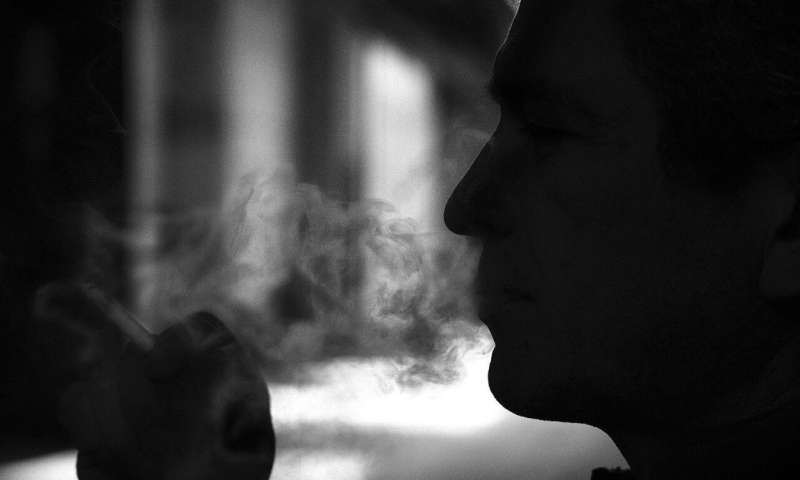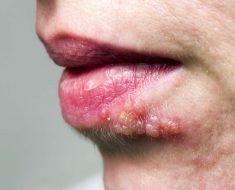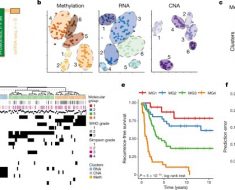
Smoking is associated with an increased risk of COVID-19 symptoms and smokers are more likely to attend hospital than non-smokers, a study has found.
The study published today in Thorax, by researchers from King’s College London, investigates the association between smoking and the severity of the COVID-19.
Researchers analyzed data from the ZOE COVID Symptom Study App. Of the participants of the app, 11% were smokers. This is a lower proportion than the overall UK population of 14.7%, however, it reflects the demographics of the self-selected sample of the ZOE COVID Symptom Study.
While more than a third of users reported not feeling physically well during the period of study (24th March and April 2020), current smokers were 14% more likely to develop the classic triad of symptoms suggesting diagnosis of COVID-19: fever, persistent cough and shortness of breath—compared to non-smokers.
Current smokers were also more likely to have a higher symptom burden than non-smokers. Smokers were 29% more likely to report more than five symptoms associated with COVID-19 and 50% more likely to report more than ten, including loss of smell, skipping meals, diarrhea, fatigue, confusion or muscle pain. A greater number of symptoms suggested more severe COVID-19.
Additionally, current smokers who tested positive for SARS-CoV-2 were more than twice as likely as non-smokers to attend hospital.
The researchers recommended that a smoking cessation strategy be included as an element to address COVID-19, as smoking increased both the likelihood of symptomatic disease and disease severity. Reduction in smoking rates could also reduce the health system burden from other smoking-related conditions that require hospitalization.
Dr. Mario Falchi, lead researcher and Senior Lecturer at King’s College London, said, “Some reports have suggested a protective effect of smoking on COVID-19 risk. However, studies in this area can easily be affected by biases in sampling, participation and response. Our results clearly show that smokers are at increased risk of suffering from a wider range of COVID-19 symptoms than non-smokers”.
Source: Read Full Article





